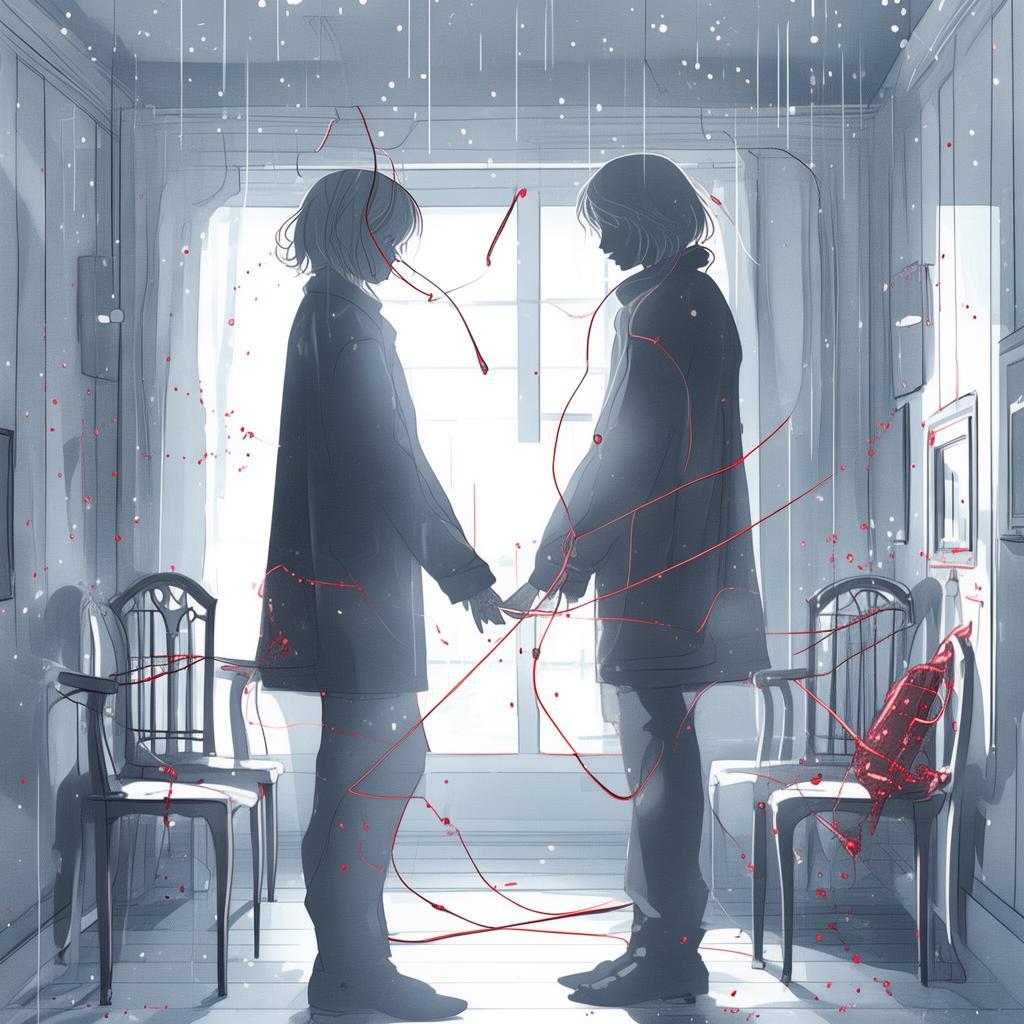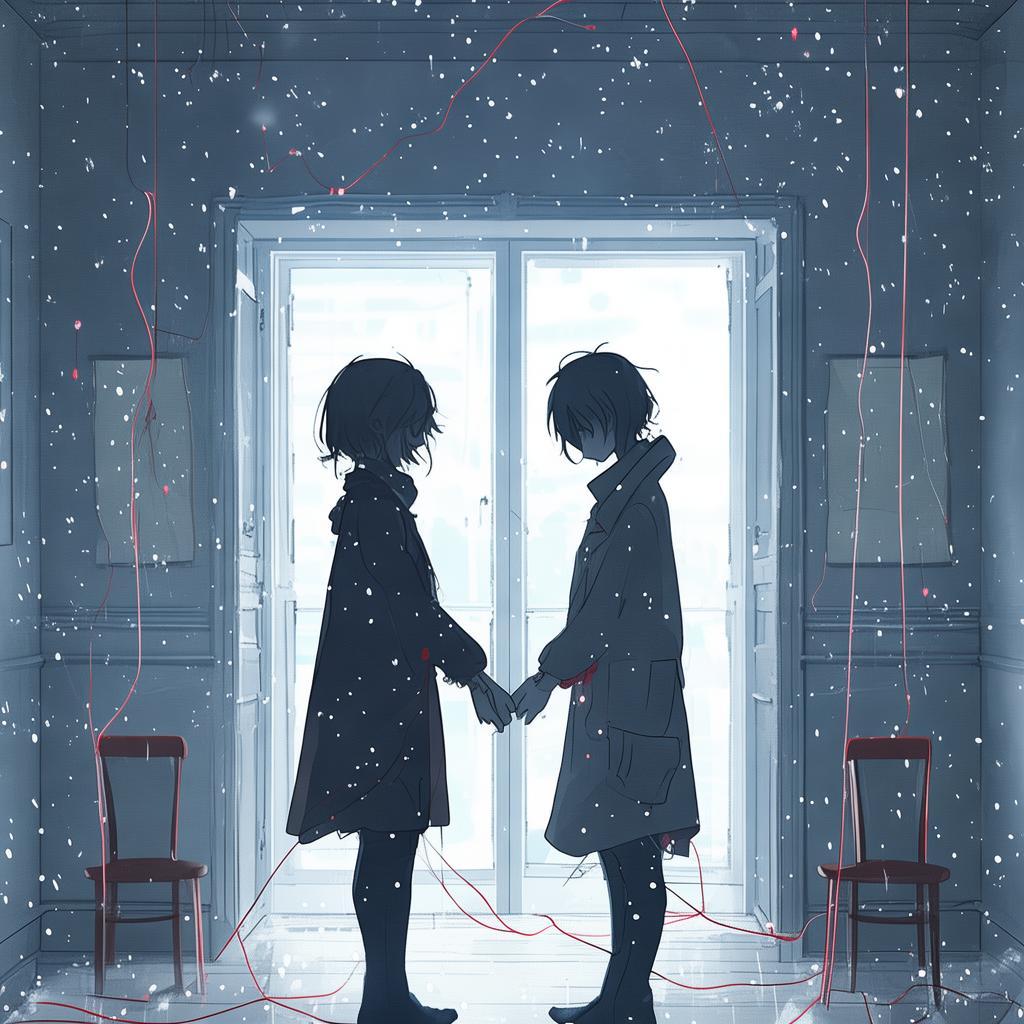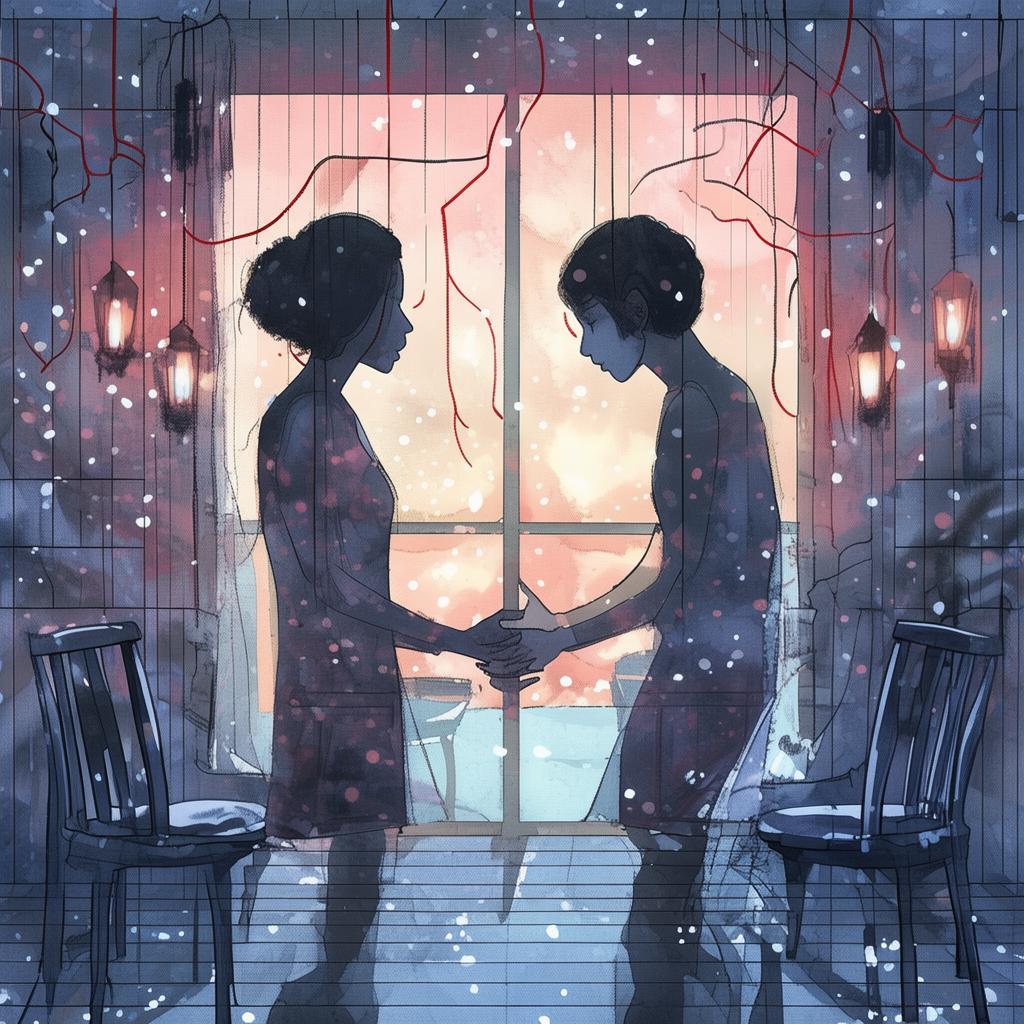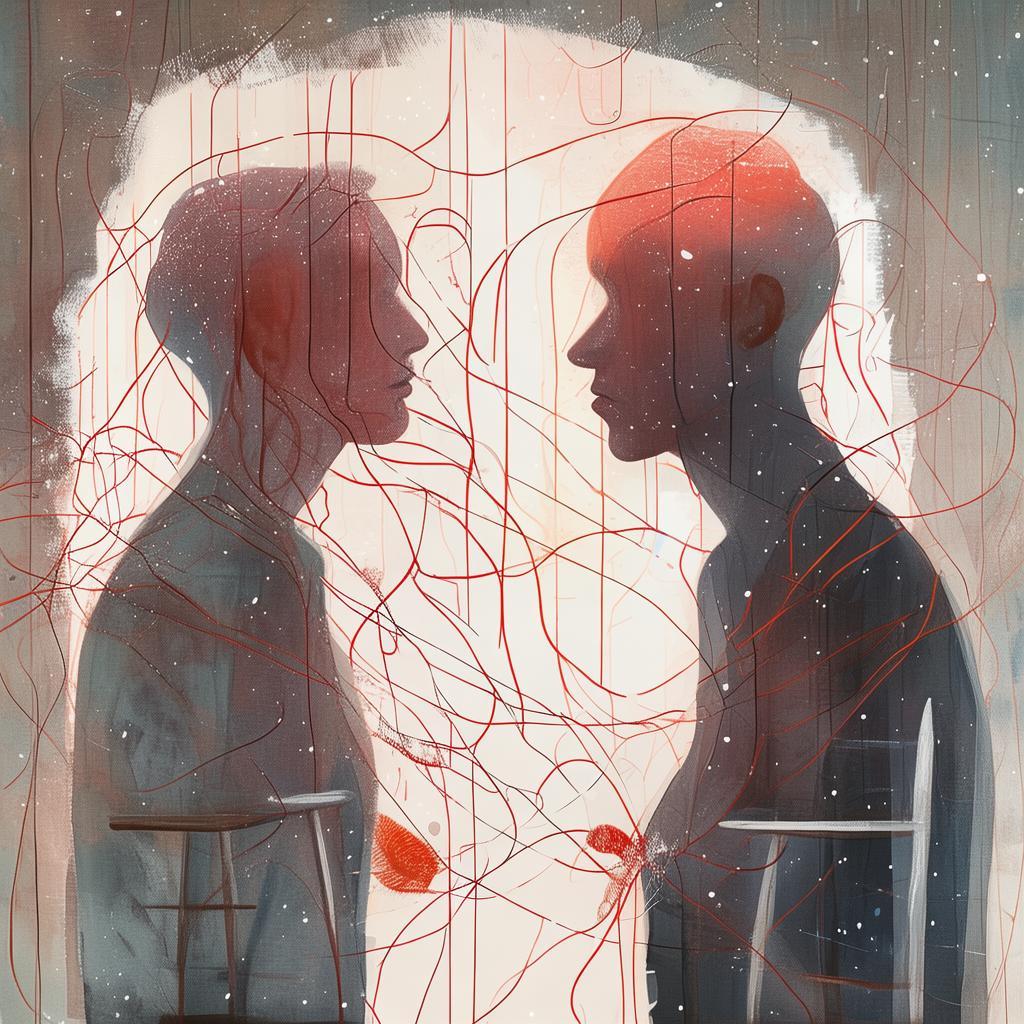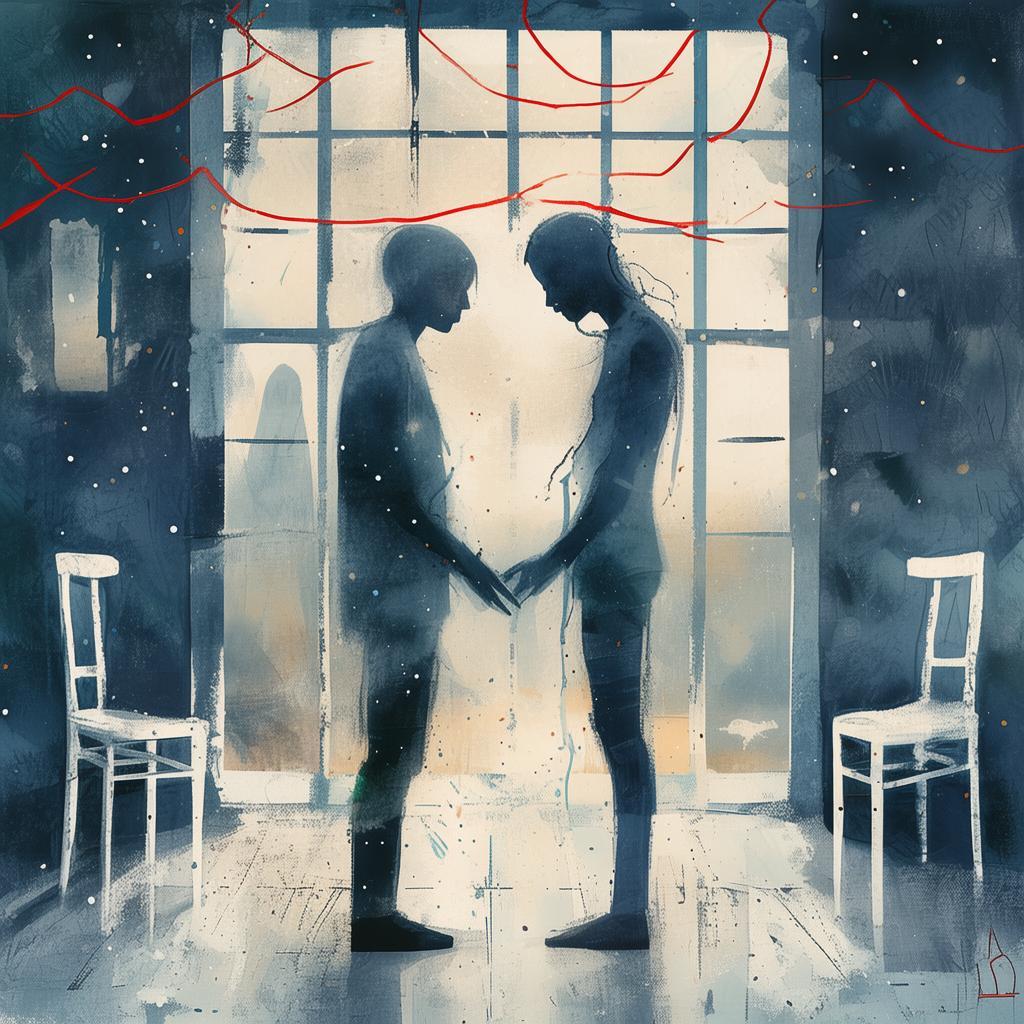The Last Embrace of Hades
In the shadowed realms beneath the earth, where the whispers of the dead echo through the stones, there lies a kingdom that is as ancient as time itself. It is the realm of Hades, the Lord of the Underworld, a place of darkness and silence, but also of eternal rest for those who have passed. In the depths of this kingdom, there was a son, a prince, whose name was Orpheus. Orpheus was not just any prince; he was the son of Hades, the embodiment of death itself.
Orpheus was born of love, but the love that bound him to his father was also the source of his pain. Hades, the ruler of the dead, had a heart that beat with a rhythm unknown to the living. His love for Orpheus was deep, profound, and yet, as the ruler of the underworld, he was bound by the rules that separated them, a chasm of darkness that no light could penetrate.
As Orpheus grew, he felt the weight of his father's dual nature. He loved his father deeply, but he also longed for a life beyond the shadowy halls of the underworld. He was a contradiction, a being torn between the living and the dead, the son of the one who was both judge and executioner of souls.
One day, a great darkness descended upon the land, and with it, a great sorrow. Orpheus's mother, Persephone, the queen of the underworld, had passed away, leaving Orpheus fatherless. The void left by her absence was as great as the void of the underworld itself, and Orpheus was left to grapple with his loss in the cold embrace of the earth.
It was during this time of sorrow that Orpheus discovered a truth about his father that changed everything. Hades, in his infinite sorrow, had become more than the ruler of the dead; he had become a figure of solace to those who wandered the realm. Orpheus saw his father in a new light, not as the judge of souls, but as a protector, a guardian of the lost.
With a newfound resolve, Orpheus decided to embark on a journey to the land of the living, a place he had only heard of in whispers and legends. His goal was simple: to bring his mother back from the dead. But to do so, he must navigate the treacherous paths of the living world, a world where love and loss are as real as the light of day.
The journey was fraught with peril. Orpheus faced the challenges of the living world, where every step could be his last. But he also faced the trials of his own heart. The closer he got to his goal, the more he realized that the love he had for his father was as powerful as his love for his mother.
In the land of the living, Orpheus met with many who were lost, just like him. He met with the maiden Eurydice, who had lost her love, and the king who mourned his son. These encounters only deepened Orpheus's resolve, but they also tested his heart. He began to see that his love for his mother was a reflection of his love for his father, a love that transcended the boundaries of life and death.
The day of the journey's culmination arrived. Orpheus stood at the crossroads between the living and the dead, his mother in his arms, her spirit reborn. But as he turned to face the light, the darkness of the underworld beckoned. He felt the pull of his father's rule, the call of the dead, and the weight of his own sorrow.
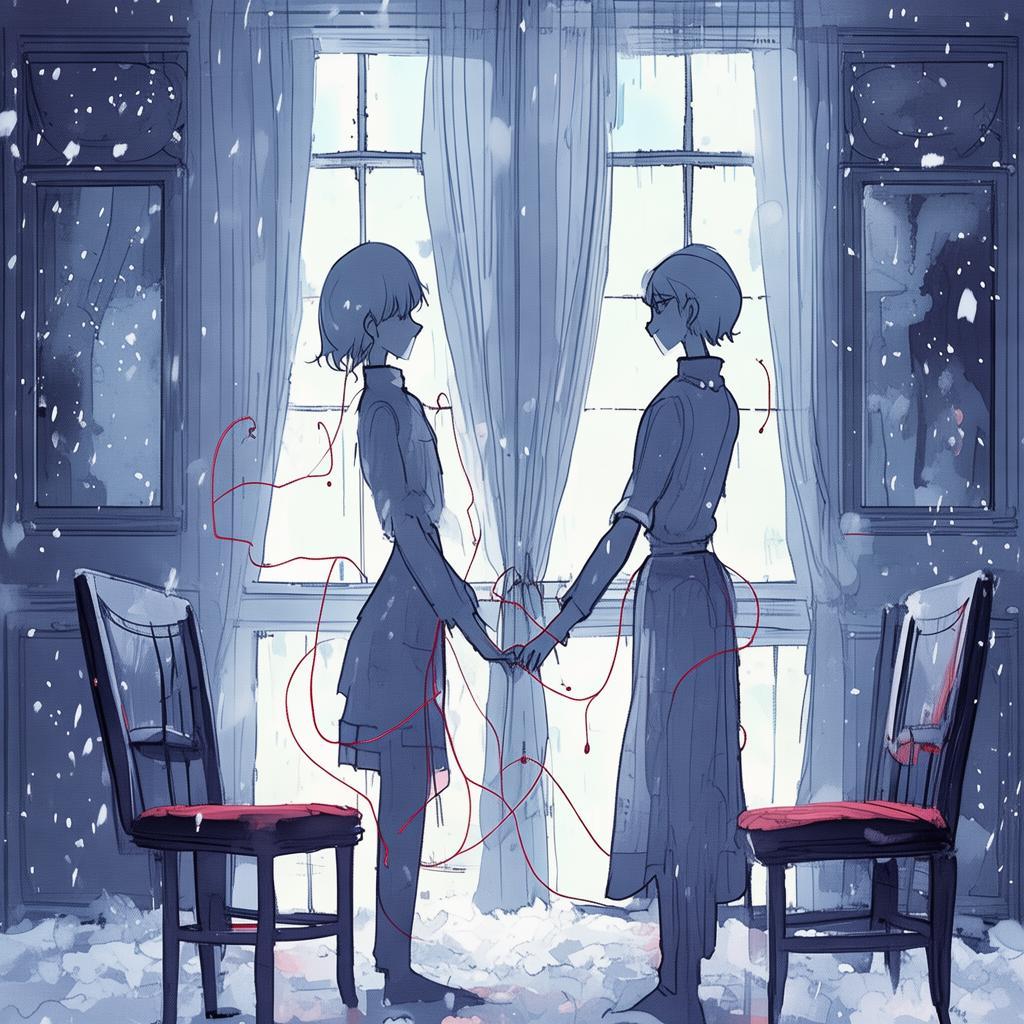
With a heavy heart, Orpheus made his choice. He turned back to the darkness, leaving the light and his mother behind. In that moment, he realized that his love for his father was not something he could escape. It was a part of him, as much a part of his essence as the light in the eyes of the living.
He returned to the underworld, his mother now a spirit bound to him, and Hades, who awaited him with a heart heavy with love and loss. In the arms of his father, Orpheus found solace. Together, they stood against the darkness, the two halves of a whole, bound by love, loss, and the eternal dance of life and death.
In the end, Orpheus understood that the journey was not about bringing his mother back to life, but about bringing his father back to the light. It was about the rebirth of a son, who had found his place in the world, not by escaping the shadows, but by embracing them. It was about the love that binds us all, a love that is eternal, a love that is Hades, a love that is Orpheus.
The Last Embrace of Hades is a tale of love, loss, and rebirth, a story of a son who finds his place in the world by embracing the darkness that binds him to his father, the Lord of the Underworld.
✨ Original Statement ✨
All articles published on this website (including but not limited to text, images, videos, and other content) are original or authorized for reposting and are protected by relevant laws. Without the explicit written permission of this website, no individual or organization may copy, modify, repost, or use the content for commercial purposes.
If you need to quote or cooperate, please contact this site for authorization. We reserve the right to pursue legal responsibility for any unauthorized use.
Hereby declared.

